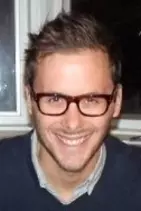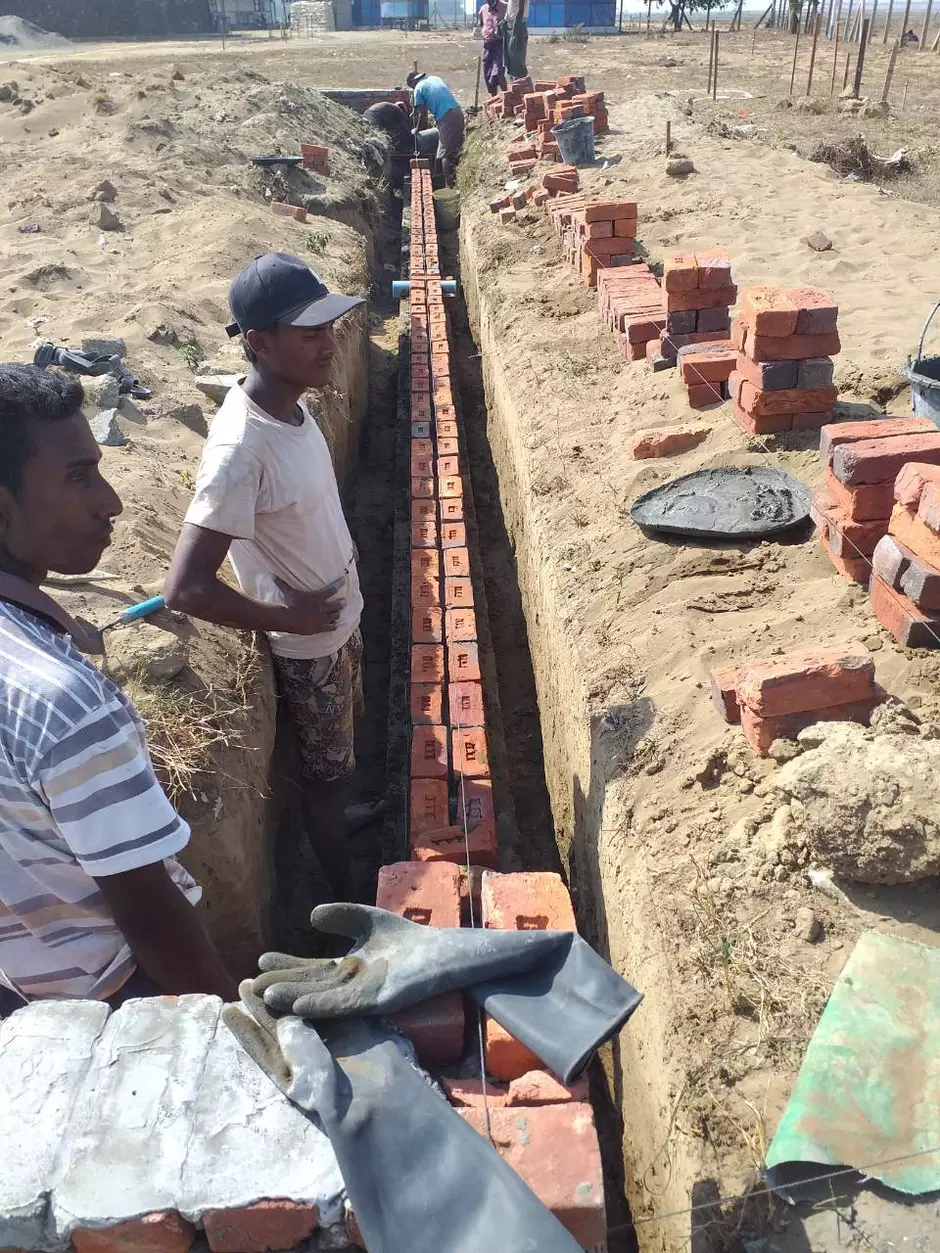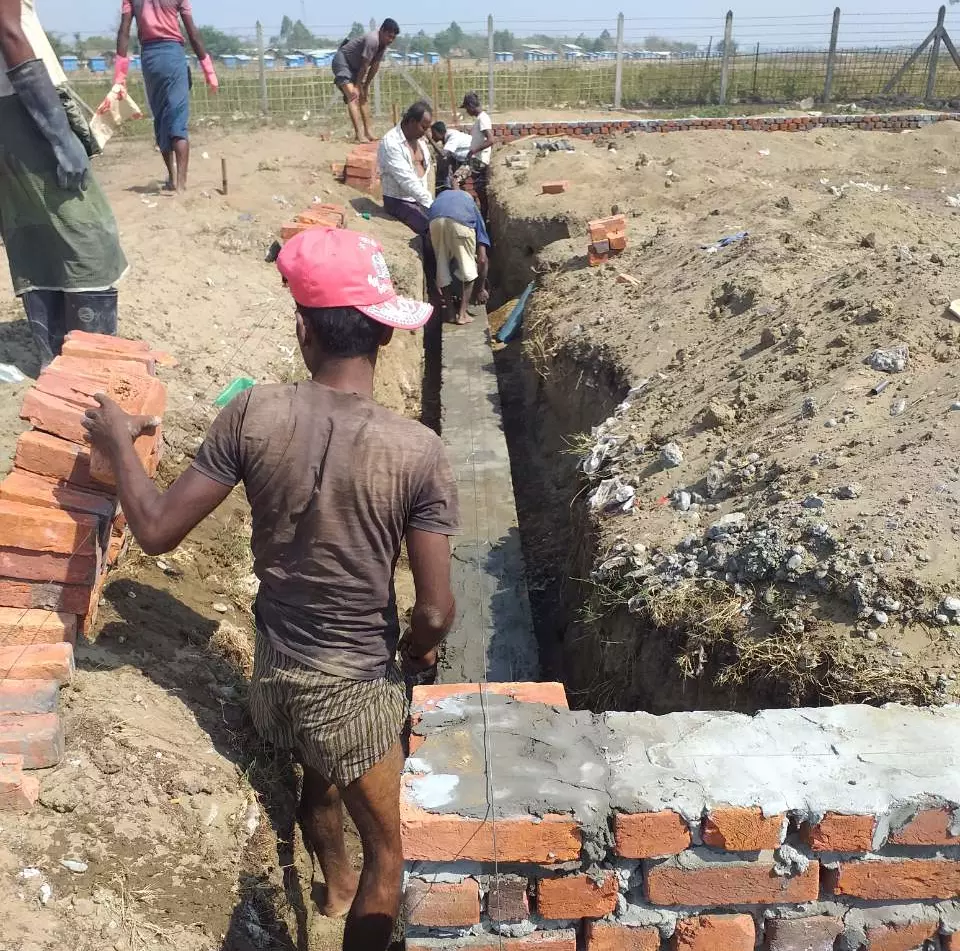In March 2020 Arthur de Saint-Hubert, a Veolia Foundation Veoliaforce volunteer, undertook a mission to prepare for doubling the capacity of the wastewater treatment plant in one of the camps. Explanations.


You arrived in the field as part of a development project that had begun a few months earlier...
Arthur de Saint-Hubert: Yes, and very closely monitored in the Foundation over the past year. In Rakhine State, after several bouts of violent confrontation amongst the population, the Rohingyas were displaced and now live in camps. The NGO Solidarités International, a Veolia Foundation partner, has been working in the field for several years to provide drinking water and sanitation in the Sittwe camps. Against this background other Veoliaforce missions working on the issue of sanitation preceded mine.
What was your mission?
ASH: The Sittwe wastewater treatment plant needs to double in size and be improved. However, there is no electricity: everything is done by gravity, so the height of the water is the major issue for the proper functioning of the entire system. And everything has to be robust and easy to use.
What improvement is needed?
ASH: We need to be able to treat a substantially larger volume and, in addition, improve the quality of what comes out (sludge, ash and water). In the sense of the FAO recommendations, we are not yet at a good enough level of water quality for reuse in the fields, but we are making progress. As for doubling the capacity, the work started shortly after I left.

What were the working conditions in the field?
ASH: I was quite surprised to discover long-established camps that looked more like very poor settlements than refugee camps, as is usually the case. This is undoubtedly the reality of a lasting emergency... A large proportion of the population has been there for a long time, but the people I met in the camps refused to plan ahead: they don't want to imagine themselves still there in six months’ time.
Anyway, I left France without a care in the world, even though I didn't realize the cultural distance there would be between an NGO that employs a majority of local staff in the field and the practices in a highly organized group like Veolia, where I've been working for more than ten years. For the first few days, I was like a bull in a china shop... And then I realized - and it was a real learning experience for me – that it was important to take more account of the very particular context of a humanitarian intervention in the field...


